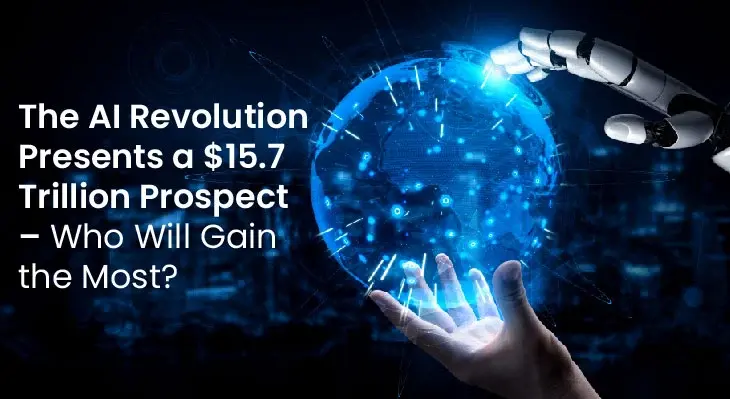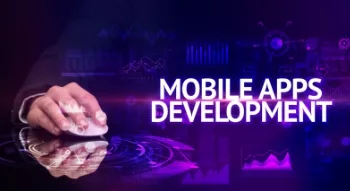Artificial Intelligence (AI) is capturing the world at a fast pace. From manufacturing to the job market, industries are highly affected by its advancement.
In this article, we’ll explore the impact of artificial intelligence on the job market, We’ll also predict AI’s future, and its impact on your career, and suggest a potential way to cut through its negative impact. So you can focus on your professional growth and be employed in the near future.
Automation and Job Displacement
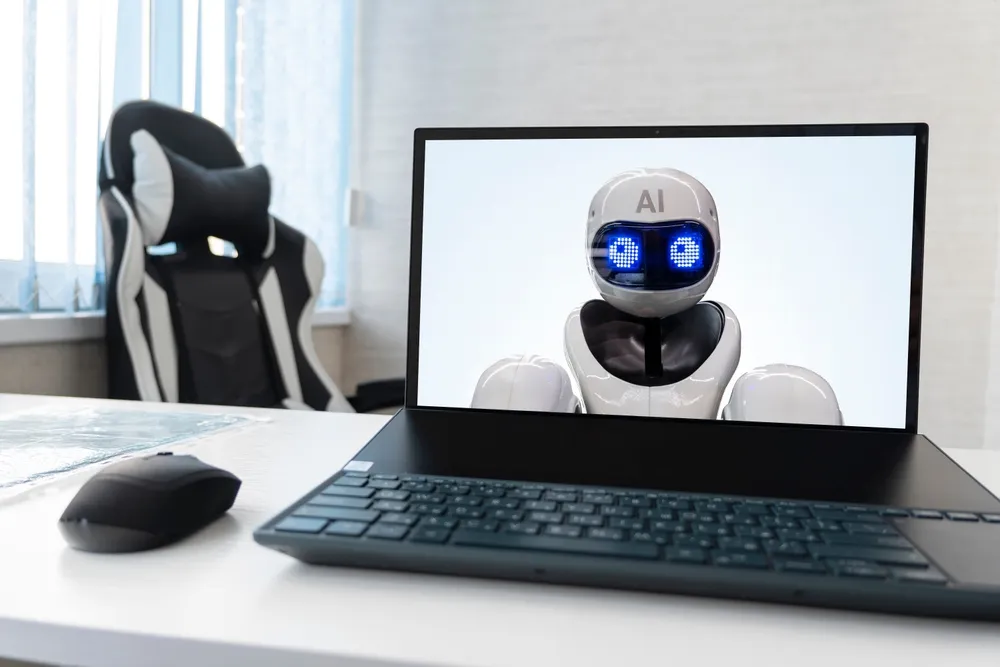
While automation accelerates the performance of organizations and saves them precious time, it has a huge impact on the job market. With the increase in AI-powered systems and robots to perform repetitive tasks, the human workforce is laid off from their jobs in various industries.
Manufacturing, logistics, and customer service are just a few examples of sectors in which automation is replacing traditional jobs. It is reported that 5% of professionals were laid off due to AI in May 2023.
Emerging Job Opportunities
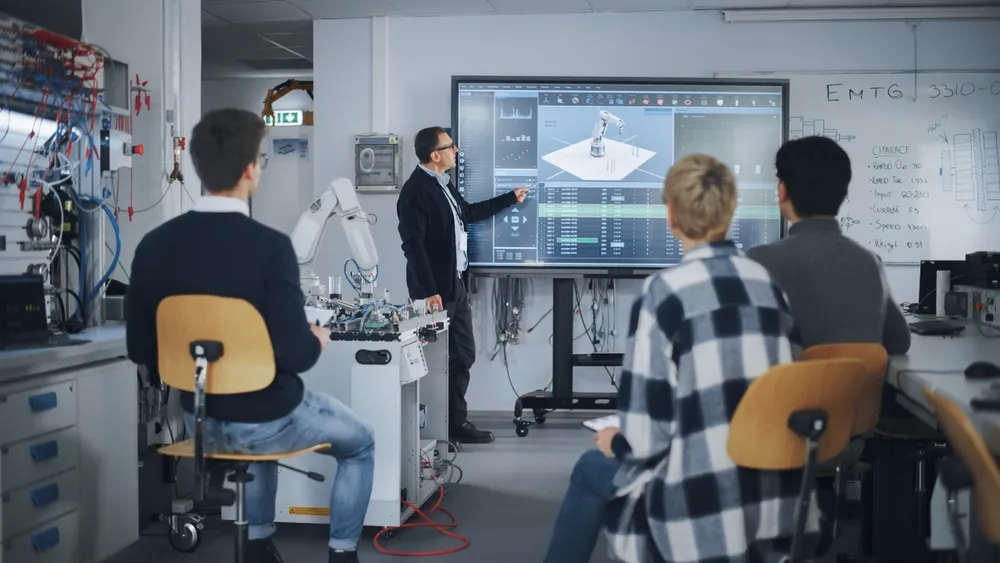
Although AI automation eliminates some jobs, it also creates new opportunities and transforms existing roles. A report from the World Economic Forum states that while AI may take 85 million jobs globally by 2025, it will offer 97 million new jobs.
These jobs will range from big data and machine learning to information security. All you need to do is adapt and acquire new skills to remain relevant in the evolving job market.
Human-AI Collaboration
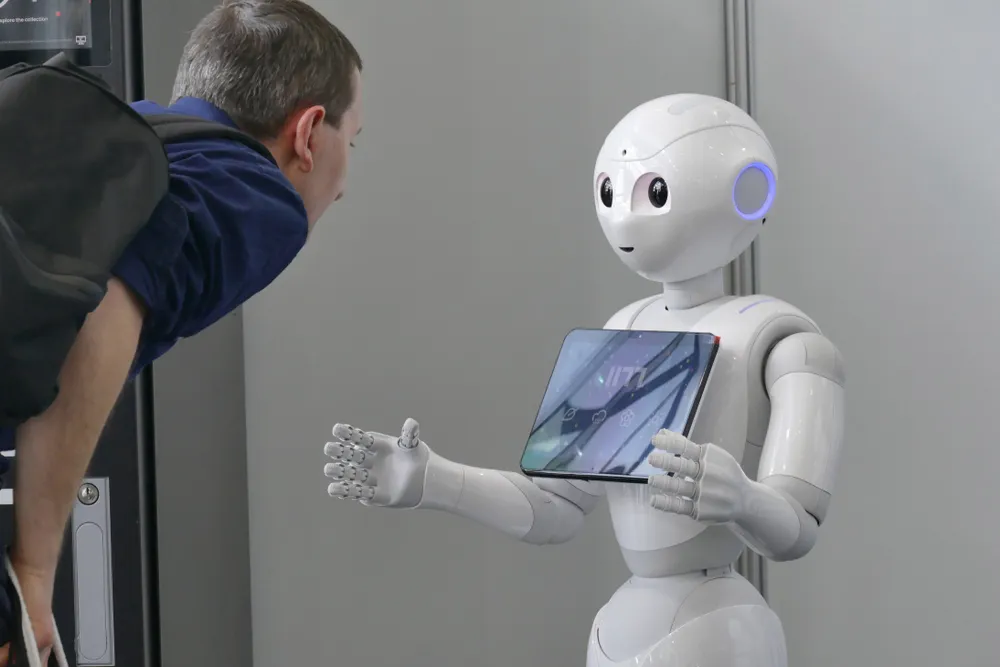
You can work in collaboration with AI to stay aligned with the future. It will unleash your boundaries, enhance your horizon, maximize your productivity, and enhance decision-making.
Through AI-powered tools and insights, you can boost your productivity and perform a range of tasks in a short period of time. This will positively influence your reputation within your organization.
Upskilling and Lifelong Learning

In an AI-driven job market, upskilling and lifelong learning is vital to remain employable. As certain job roles become obsolete, you need to acquire new skills and stay updated with technological advancements.
While the tech department will generate optimum job opportunities, you can also find out other skills that interest you. So you can quickly adapt them and change your direction to stay afloat during the layoff.
Conclusion
Artificial intelligence is undeniably transforming the job market. While automation may displace some jobs, it also presents opportunities for job transformation, emerging roles, and human-AI collaboration.
The key lies in adapting to this changing landscape through upskilling and lifelong learning to stay afloat. By embracing AI and adopting a proactive approach, you can navigate the evolving job market and ensure a fair and sustainable future of work.


